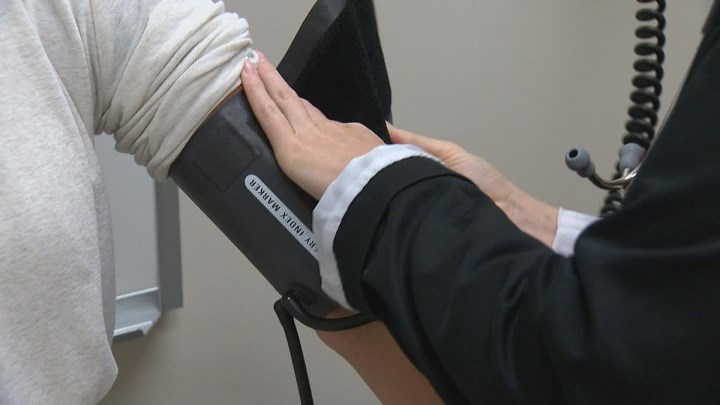A program to attract immigrants to northern communities like North Bay will be changed to make requirements less restrictive.
Marco Mendicino, Minister of Immigration, Refugees and Citizenship announced changes today to make the Rural and Northern Immigration Pilot (RNIP) more flexible for applicants.
"The pilot is a community-driven program that spreads the benefits of economic immigration to smaller communities by helping communities attract the workers they need by creating a path to permanent residence for skilled foreign workers," says a news release.
See" Job plan to attract immigrants locally almost ready to roll
Under the changes to the program, candidates will no longer have to obtain eligible work experience over a continuous period of time. Instead, they can demonstrate that they have accumulated the required one year of eligible work experience (1,560 hours) in the three years preceding their application, even if there were breaks in their employment. The policy applies to all applications received under the Pilot, as well as all future applications going forward.
It means that candidates are not penalized for short breaks in their employment history, including temporary work interruptions or layoffs caused by the pandemic.
Individuals must still meet all other existing admissibility and program requirements, including the recommendation process in the participating RNIP community in which they wish to settle.
Immigration, Refugees and Citizenship Canada has also introduced a temporary measure that allows RNIP applicants who are waiting for a decision on their permanent residence application to apply for a work permit without being penalized due to processing delays caused by the pandemic.
The first permanent residents accepted under RNIP are Alexander Nangpukin Likilasua and Brilla Mercy Kunjumon, who are working as licensed practical nurses in Sault Ste. Marie.
“Newcomers have played an outsized role in our hospitals and long-term care homes during the pandemic," said Mendicino. "They also account for roughly 1 in 4 of Canada’s licensed practical nurses—like Alexander and Brilla—and 1 in 3 of our family doctors and pharmacists. The Rural and Northern Immigration Pilot and other pilots are helping to get the workers we need to places like Sault Ste. Marie, where we need them. We’re going to continue working to ensure that the benefits of immigration are felt in cities and towns across our country.
Immigrants now account for one out of every four health-care workers, and make up 36 per cent of all pharmacists and family physicians across Canada, as well as 39 per cent of all dentists, 27 per cent of all licensed practical nurses, and 35 per cent of nurse aides and related occupations.
More than 40 per cent of all newcomers to Canada between 2011 and 2016 who were working in the health-care sector were employed in the areas of nursing and residential care facilities, as well as home health-care services.
Participating RNIP communities are: North Bay, Thunder Bay, Sault Ste. Marie, Sudbury, and Timmins in Ontario; Gretna-Rhineland-Altona-Plum Coulee and Brandon, Manitoba; Moose Jaw, Saskatchewan; Claresholm, Alberta; and West Kootenay and Vernon, British Columbia.
·Communities are responsible for candidate recruitment and the recommendation for permanent residence.



